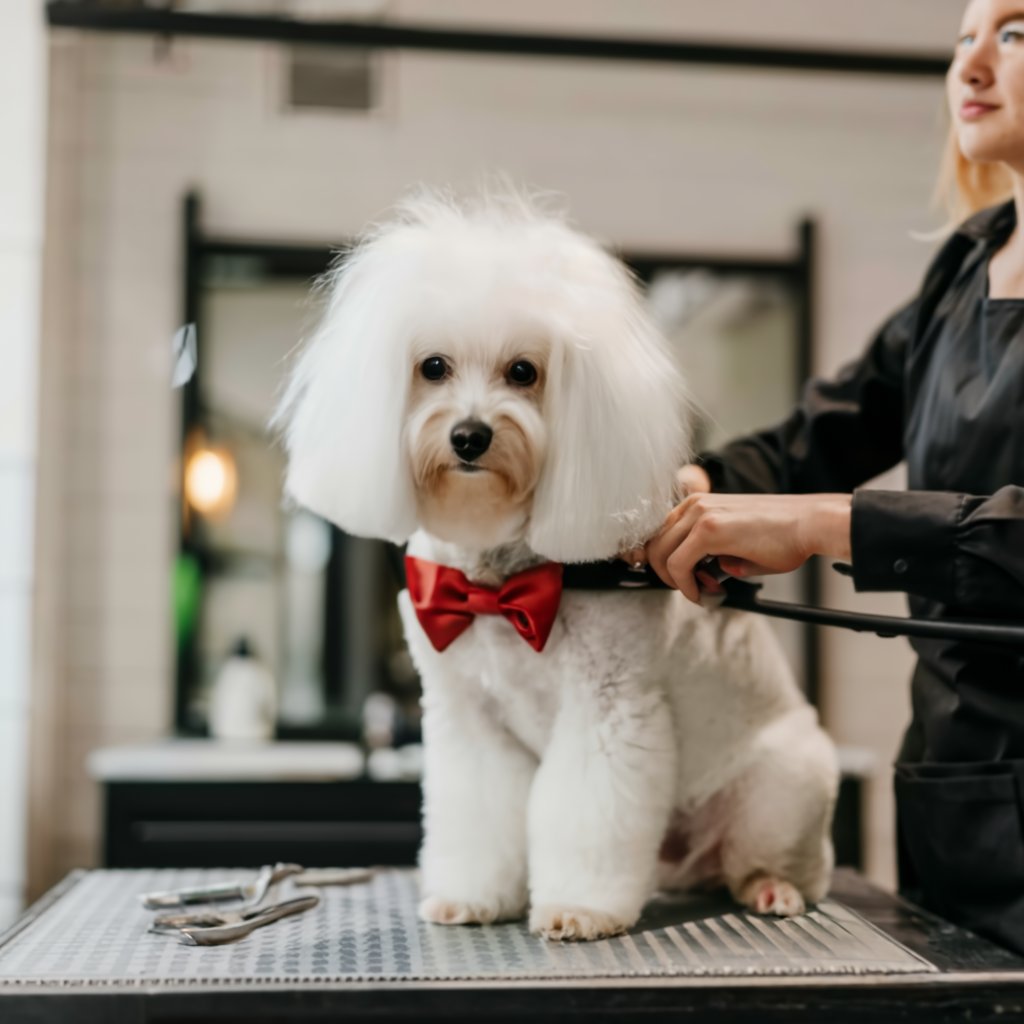Effective Dog Training Techniques for a Well-Behaved Pet
Discover effective dog training techniques to ensure a well-behaved and happy pet. Learn how to use positive reinforcement, consistency, and patience to train your dog successfully.
Training your dog can be a fun and rewarding experience. A well-behaved dog is not only a joy to have around but also leads to a safer and more harmonious home environment. In this guide, we will explore effective dog training techniques that will help you train your pet successfully. From understanding your dog’s behavior to using positive reinforcement and maintaining consistency, you’ll find everything you need to know to raise a well-behaved dog.
Understanding Your Dog’s Behavior:
Basic Canine Behavior Dogs are social animals with instincts and behaviors that can sometimes be challenging for their owners. Understanding the basics of canine behavior is crucial for effective training.
Why Dogs Misbehave Misbehavior in dogs often stems from a lack of understanding, boredom, or unmet needs. Identifying the root cause of your dog’s misbehavior can help you address it more effectively.
Positive Reinforcement Training:
The Science Behind Positive Reinforcement Positive reinforcement involves rewarding your dog for desired behaviors, making them more likely to repeat those behaviors. This method is scientifically proven to be effective and fosters a positive relationship between you and your dog.
How to Use Treats and Rewards Using treats and rewards correctly is key to successful training. Learn how to choose the right treats and time your rewards to reinforce good behavior effectively.
Consistency in Training:
Importance of Consistent Commands Consistency is crucial in dog training. Using the same commands and rewarding the same behaviors every time helps your dog understand what is expected of them.
Creating a Routine Establishing a daily routine for training sessions can make a significant difference in your dog’s progress. Consistent training times help your dog know when to expect learning and playtime.
Patience and Persistence:
Dealing with Setbacks Training a dog is not always a smooth journey. Setbacks are normal, and it’s essential to remain patient and persistent. Learn how to handle setbacks without losing motivation.
Celebrating Small Wins Celebrate every small victory in your dog’s training. Recognizing and rewarding progress, no matter how minor, encourages continued improvement.
Socialization Techniques:
Early Socialization Early socialization is vital for a well-adjusted dog. Exposing your puppy to different people, animals, and environments helps them develop confidence and reduces fear-based behaviors.
Ongoing Socialization Socialization shouldn’t stop after puppyhood. Continuously exposing your dog to new experiences throughout their life keeps them adaptable and well-behaved.
Advanced Training Tips:
Obedience Training Advanced obedience training involves teaching your dog more complex commands and ensuring they respond reliably even in distracting environments.
Trick Training Teaching your dog tricks is not only fun but also mentally stimulating. Learn how to train your dog to perform impressive tricks like rolling over or playing dead.
Common Training Mistakes to Avoid:
Avoiding common training mistakes can save you time and frustration. Learn what pitfalls to watch out for and how to avoid them to ensure successful training sessions.
Training your dog requires time, patience, and consistency, but the rewards are well worth the effort. By understanding your dog’s behavior, using positive reinforcement, and maintaining a consistent routine, you can train your dog to be well-behaved and happy. Remember, the bond you build with your dog through training is a foundation for a lifetime of companionship and joy.
FAQ:
- How long does it take to train a dog?
- What are the best treats for positive reinforcement?
- Can older dogs be trained successfully?
- How do I stop my dog from barking excessively?
- What should I do if my dog is afraid of other dogs?
